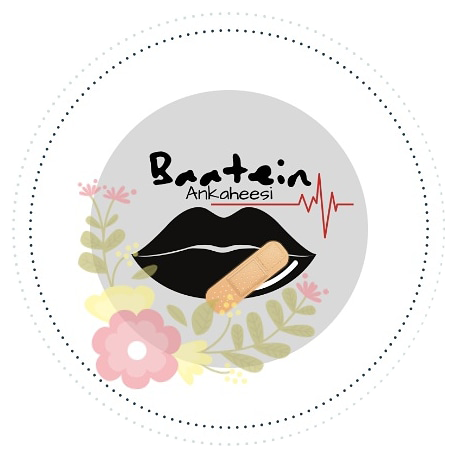
It's been more than four months into the COVID-19 pandemic; the nation is on the edge of another well-being turning point, with frequent cases of death, isolation, and dread causing extensive emotional trauma.
Reflecting merely a few months, the pandemic and the resulting stay-at-home or lockdown rules have had adverse outcomes on the cost-effectiveness and the emotional well-being of countless individuals.
People are petrified of catching the virus; however, there is likewise ascertained anxiety encircling the pandemic's impact on ordinary living.
What anxiety looks like, really?
Anxiety is misery, distress or unease about impending circumstances and ambivalence. It is a bit of the alarm response, which in people is a twisted reciprocation between emotions and perceptions.
There is a bustle of stress hormones that accompanies extreme anxiety and insecurity, which subdues our way to higher-level cognitive reasoning. When our mind is on stress hormones, the understanding approach is momentarily unavailable to us, appearing in impairing our capabilities to solve grievances and make reasonable choices.
Being anxious and accented alters our beliefs, and we assess vague situations negatively and anticipate the most acute. We, as human beings, direct to give more attention to terrifying and crucial data than a positive, and reassuring event.
When you are feeling anxious about something, you can witness that this may emerge in keeping you in endurance and making you a sensibly prudent human being rather than a disoriented individual.
The anxious feeling...
For most of us, when we encounter stress or seem anxious, we usually assume we need to "pull ourselves together". So why do we feel that? What emotions do we undergo in our bodies and minds?
Living with anxiety is not easy when any day can involve fallacious terror of non-threatening circumstances, extreme agitation and indecisiveness, and even the inadequacy to ease at any given moment.
Anxiety can be a debilitating ailment, oftentimes linked with excessive concern, despair, withdrawal, depression, substance abuse and other forms of psychopathology. Anxiety or panic attacks can occur at any moment and can impact a person both physically and psychologically.
These signs might appear out of nowhere to those around the person. Yet in fact, it might be an ever-intensifying manifestation of the anxiety the individual is feeling.
A few traits may be effectively invisible to others, although none-the-less are real and can be crippling.
Physical symptoms can involve:
Immoderate thirst
Stomach upset
Frequent urination
Hot flashes or chills
Pounding heartbeat, chest pain, enhanced heart rate
Tiredness
Inability to sleep
Muscle tension
Excessive sweating
Psychological symptoms can involve:
Quickly losing self-controlt
Trouble focusing
Thinking invariably about the most acute consequences
Sleep disruption
Depression
Distracted or preoccupied with one subject
Pretty hard on themselves, perfectionism
Seek continuous approval
Crying, adhering, avoidance, outbursts
Fear of loss
These traits would be stressful for each of us. Picture how having any of these signs would feel to a person with anxiety. How can the sense of being suppressed or a pounding heartbeat be read and known by someone whose limitation affects their capability to recognise and interpret emotions when they are patient yet secluded in a dreadful or anxious state?
Remember for a few individuals with anxiety, the perceptions blended with anxiety are challenging for them to put into words. We necessitate learning to open up about our problems and break all stigmas circling mental health.
It's necessary that we understand that everyone is unique, that is the beauty of creation. We are not needed to strive for each and everything. It's not required to prove ourselves in every realm. It's ok to be mediocre at something. The only idea that matters is that we should be happy with ourselves.
Despair and anxiety can be unpleasant to deal with. It’s essential to acknowledge when the strain in your life is prompting negative outcomes. If you feel like your anxiety and fear are becoming uncontrollable, seek professional help or ask loved ones to assist you to find the compassion you need.
